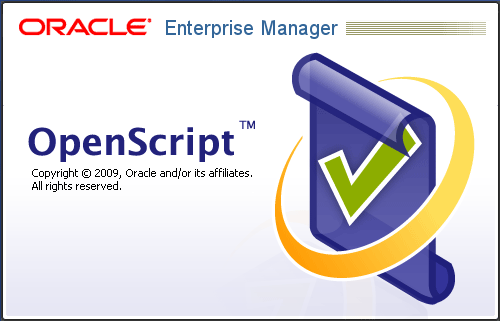A brief about Oracle EBS Application:
Following are the business areas for which Oracle EBS Application provides the solutions.
- Oracle Financials.
- Oracle Human capital management (HCM).
- Oracle Supply chain management (SCM).
- Oracle Procurement.
- Oracle Customer relationship management (CRM).
- Oracle Projects.
- Oracle Lease and Finance Management.
The foot print of Oracle EBS Applications is large across the globe to solve or automate various business operations and requirements for different sectors of Business Organizations.
What is Oracle currently doing to keep their customers happy, upgraded and productive?
Oracle EBS Applications being such a huge ERP and with volumes of customers, it currently offers many solutions to help their customers upgraded with technologies, features and being more productive during their operations.
Following is not the exhaustive list of things which ORACLE offers:
- Feature upgrades.
- Consolidated bug fixes (Consolidated patches).
- One off bug fixes.
- Release upgrades
- Critical patch updates (CPUs)
- Technology upgrades
- Solutions which increase the productivity
What does the Oracle EBS applications Product QA team do?
Oracle EBS QA division quality checks the EBS application with all upgrades as part of their well processed and organized EBS Application release life cycle.
Why is testing required on customer implementations?
Though the Oracle EBS application product QA team does a huge amount of testing to check the quality there are times when customers would still need to perform testing at their locations.
Customer side customizations:
Customers of Oracle EBS Application create many customizations to address their unique business needs and operations.
While the application customization development is in progress the customers would need to perform testing to check if the old features are working fine and are not broken, they also need to keep a continuous effort in testing of the customizations happening on their Oracle EBS Application instance.
Oracle EBS Application release upgrades.
There are even situations when customers want to upgrade to higher release of Oracle EBS application to keep themselves updated on the new features, technologies, productivity increasing solutions, etc.
Customers need to test if the functionality of the complete application is intact post upgrade, release upgrades generally comes up with huge number of enhancements, bug fixes, and technology stack changes etc. The functional areas which are effected are more and it makes more sense to do a full round of testing including the areas of customizations which are existing.
Patching of Oracle EBS Application with consolidated bug fixes, one offs, etc.
Customers generally log bugs whenever they find issues, once ORACLE provides he fixes customer would want to apply them to make the functionality work properly. During these cases it is important to understand the impact or scope of functional areas which are to be tested for the patches or bug fixes which are to be applied.
How do we test the EBS Oracle Applications?
There is a lot of change happening at customer side and at oracle side, there is high need of testing at customer side apart from what the oracle ebs application product qa team does as they will not be able to test the customizations which customer has done at their end and most importantly it is customer’s responsibility to do a thorough testing which are in line with the customizations which customer has.
There are different ways to perform the testing activity; it can be done either by the Business analysts or by the functional experts manually or by having a mix of manual and automated testing on the test instance where the patches are applied.
As a best practice the customers would have to create a clone of their production and apply the patches or upgrades and spend a considerable time and effort in doing the regression testing or bug fixing or new feature testing, based on the results and findings they would progress the same to their production instance where there they have their production data, analysis and work flows.
Test scoping and testing methodologies play a major role in the testing life cycle. Also, helps to reduce the chances of risks to happen which is like breakdown of system or working of the functionality.




Hi Srinivas ,
Could you explain or give in details for all types of Oracle EBS Application i.e where these can be used ?
Regards,
Akhilesh
hi Srinivas, Can we test Oracle EBS, Siebel, Peoplesoft, SFDC, pega with Protractor Js..?
Hi,
Thank you so much for reaching out to us, well technically protractor js can be used to automate any web application.
Only thing is you have to use the browser.driver object directly instead of accessing through browser object.
and coming to Oracle EBS Application, as long as the object belong to OAF page, it can automate, but will not work for automating Oracle EBS Forms, there are only couple of tools available in market which can automation Oracle EBS Forms, to name the best among those are Oracle Application Testing Suite / UFT / QTP etc..
Same is the case with some of the UI components of other applications like PeopleSoft, SFDC, etc..
Pega, I have never worked on, SO I cannot comment much on that, but if it finally generates a html page, it should be possible, unless there are any activex controls or flash controls etc..
Hi Srinivas
Apakah ada demo product yang dapat kami akses?
Regards.
Herman
Hi Herman,
Request you to share any of your queries in commonly understandable language – English. I am really sorry I could not understand what you were trying to ask here.
Thank You,
Regards,
Srinivas P.